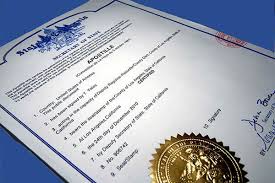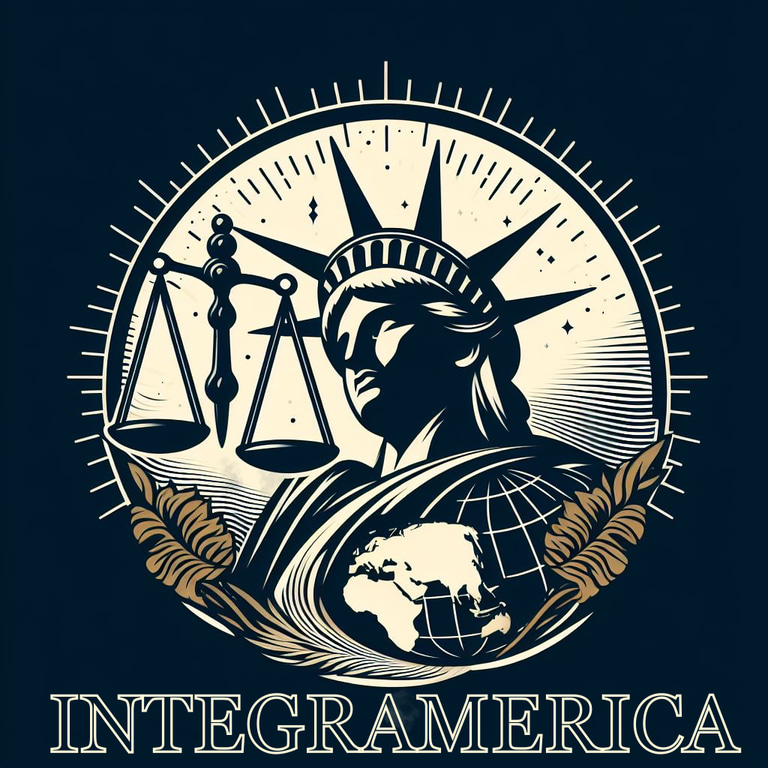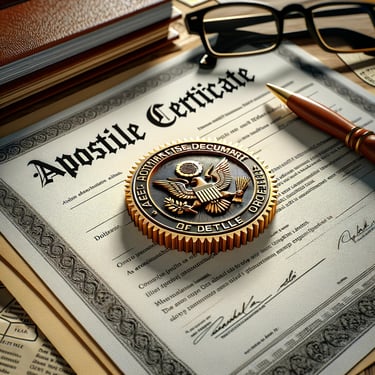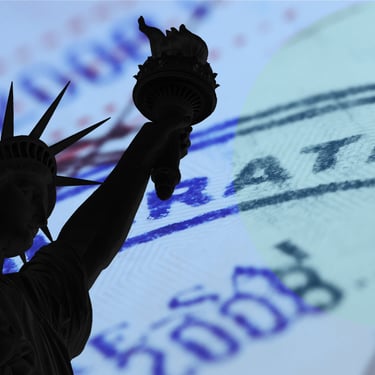Apostille
We are Leaders of Apostille in the United States since 2004
An Apostille is a form of authentication issued to documents for use in countries that participate in the Hague Convention of 1961. The primary purpose of an Apostille is to certify the authenticity of the signature on the document; the capacity in which the person signing the document acted; and, if applicable, the identity of the seal or stamp it bears.
The process of obtaining an Apostille generally involves these steps:
Verification of Document: The document in question must first be certified by an authority recognized by the country where the document was issued. This could be a local government official, a court clerk, a notary public, or any other authority depending on the document type.
Apostille Certification: Once the document is certified, it is then taken to a designated competent authority that can issue an Apostille. This authority varies by country but is often a government body, such as the State Secretary's office in the United States.
Use in a Foreign Country: With the Apostille, the document is considered legalized and can be presented in any of the countries that are members of the Hague Apostille Convention. This is particularly useful for legal documents such as birth certificates, marriage certificates, court orders, diplomas, or corporate documents when they are being presented in a foreign country.












